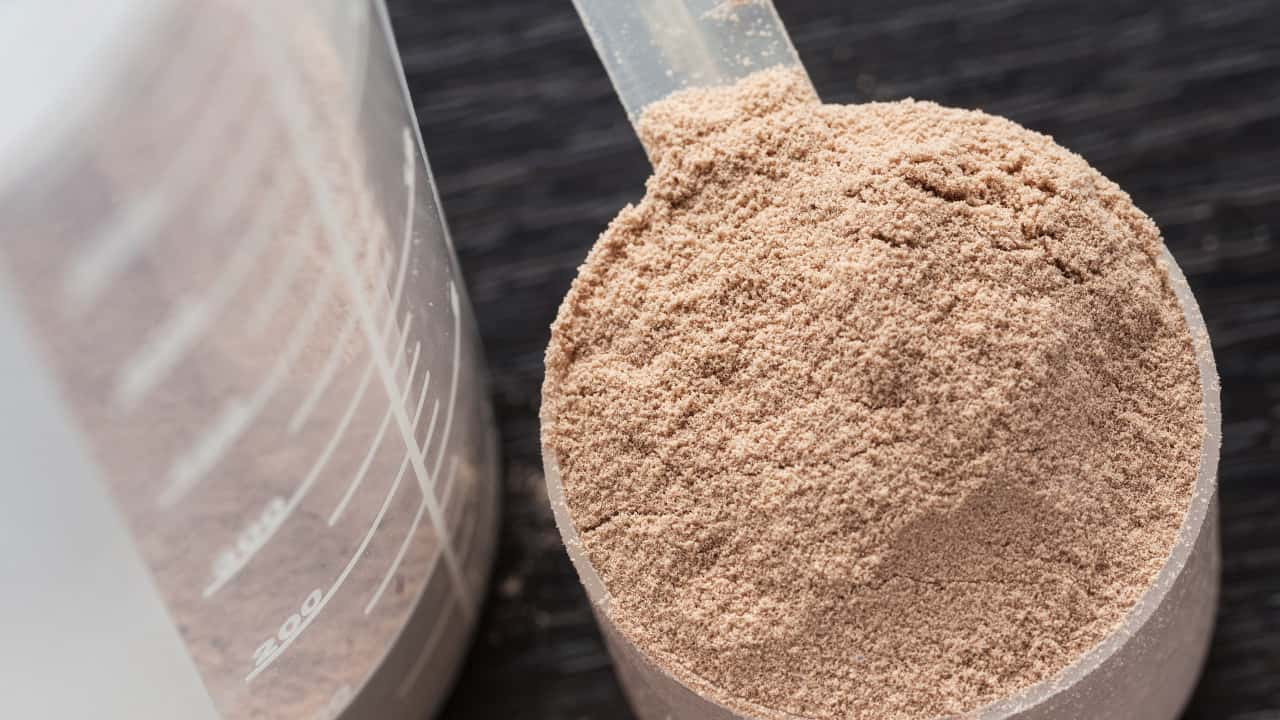Protein needs
Protein is one of the most important and essential parts of a diet, responsible for the growth and repair of the entire body. Every single cell and tissue contains protein, with the British Nutrition Foundation noting that it is the second most abundant compound in the body, second only to water. This blog will walk you through this important nutrient and answer the question: how much protein do we need?
According to the Reference Nutrient Intake for the UK, it is advised that individuals consume 0.75g of protein per kilogram of body weight per day. As a result, it is broadly advised that men should eat 55g and women should aim for 45g, but everyone has different needs. For example, a woman weighing 50kg should aim for around 37.5g, while a man weighing 65kg should aim for 48.75g, and so on.
The question of ‘how much protein do we need per day’ does not have a one-size-fits-all answer, as it varies from person to person. For example, in an article for Today’s Dietitian, Denise Webb draws attention to how older people require more protein due to the fact that their bodies struggle to build muscle, and progressively lose existing muscle. As a result, older people require increased doses of 1g to 1.2g of protein per kilogram.
One group of people who may have different protein needs are those who work out or exercise frequently. The more physical demands placed on the body, the more you will require protein to develop muscle and aid recovery. A 1995 study suggested that strength athletes (bodybuilders, etc) require up to 1.4-1.8g per kilogram of body weight, over double the RNI. Endurance athletes (runners, etc), meanwhile, require between 1.2-1.4g per kilo.
These numbers are closely supported by such bodies as the International Society of Sports Nutrition (ISSN), which recommends 1.4-2g of protein for most exercising individuals, as it is this amount which can build and maintain muscle mass. Ideally, this protein should also be consumed shortly after the exercise itself, as protein timing is also important to how effective the benefits can be. The ISSN writes how ‘a strategically planned protein intake regime timed around physical activity is integral in preserving muscle mass or eliciting muscular hypertrophy, ensuring a proper recovery’.
Put simply, consuming protein the day after exercise will not have the same effects as consuming it just after. In a study of US Marines, it was found that those who ingested protein immediately after exercise had an average of 33% fewer total medical visits, 37% fewer visits due to muscle/joint issues, and far reduced muscle soreness.
The question posed at the beginning of this blog, then, of ‘how much protein do we need?’ is more complex than you may think. It depends on gender, weight, age, activity levels, and even when you choose to take it. By examining these variables, this blog has provided a starting point for you to launch your own research into the protein intake that is right for you.


 The more physical demands placed on the body, the more you will require protein to develop muscle and aid recovery.
The more physical demands placed on the body, the more you will require protein to develop muscle and aid recovery.
